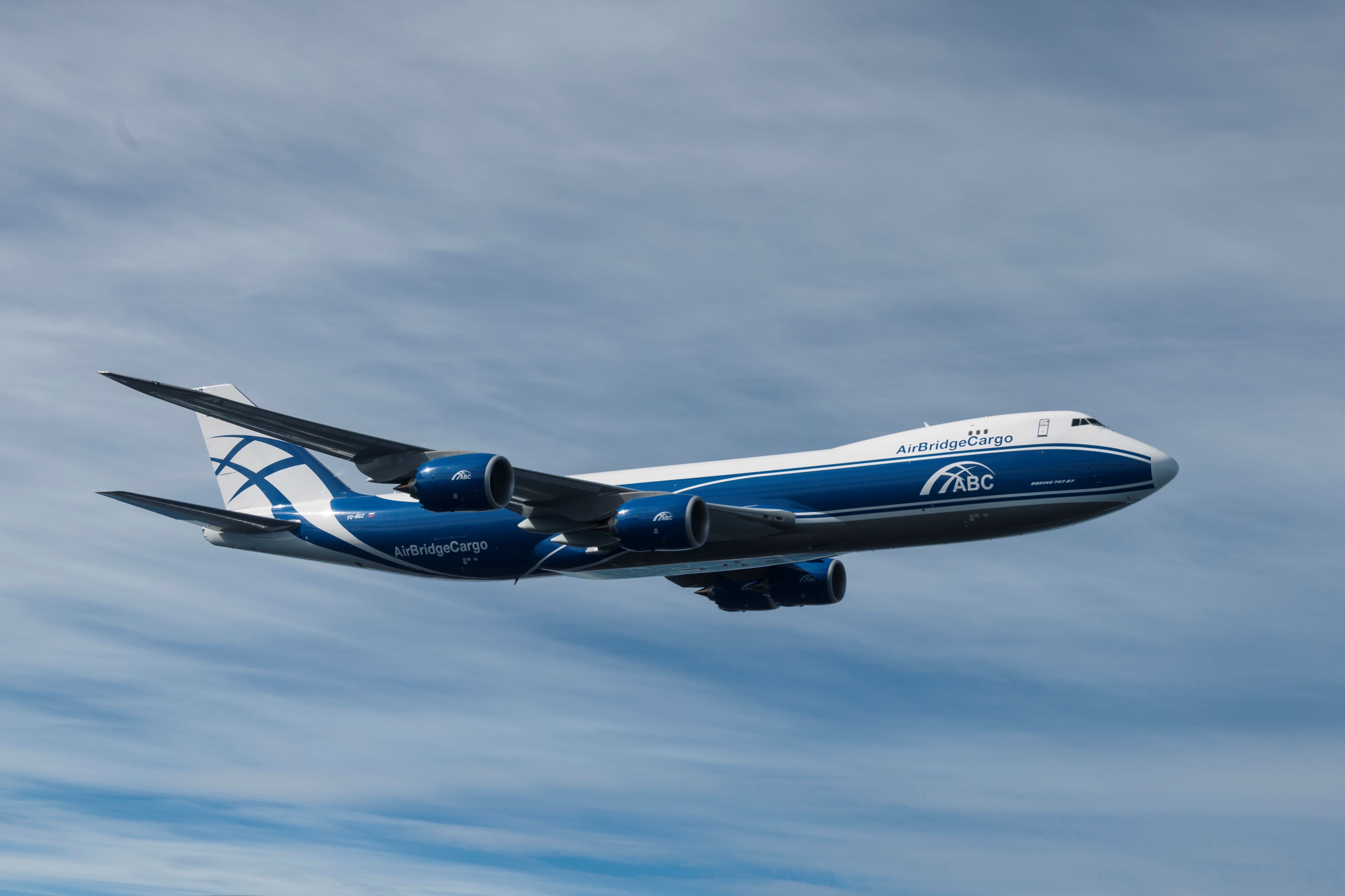AirBridge: the new Cargolux?
03 / 03 / 2015

FORMER Cargolux executive Robert van de Weg will play a vital role in building on the progress and numerous milestones AirBridgeCargo Airlines (ABC) has passed during its enterprising 10-year existence, writes Thelma Etim, deputy editor.
As the new senior vice-president of marketing and sales at Russia’s largest freighter airline, van de Weg’s top-line credentials will be instrumental in ABC’s plan to develop its Asia-to-US market, supported by a burgeoning Russian hinterland, reveals Denis Ilin, the executive president.
“I was really looking forward to Robert joining us, because his experience in both areas is enormous and we really think that is the way for us to go.”
The mutual admiration is apparent as van de Weg explains why he chose to decamp to his competitor. “Airbridge is still at the stage of developing, whereas Cargolux is a more mature company. I sense a strong entrepreneurial spirit here.”
He goes on to praise the ABC workforce, describing the carrier’s team as “very enthusiastic” and strongly committed. “People are very busy with the basics – ensuring the ‘planes are full and dealing with customers. My first impressions are very, very positive, particularly [regarding] the big opportunity to grow.”
The two long-haul, B747F cargo airlines are inextricably linked in more than one way. ABC dropped out of the bidding process for Cargloux shares leaving the runway clear for Chinese investor Henan Civil Aviation and Investment (HNCA), which now owns a 35 per cent stake.
Ilin explains why. “We considered ourselves as a strategic partner to help develop the [Cargolux] business. But to compete in a bidding process with a financial investor, well, it’s impossible.”
It was not really about how much money was involved, but about what was going to happen after that.
Ilin is clearly unfazed by any speculation the impact HNCA’s deal will have once the European carrier manages to get its twice-postponed scheduled Zhengzhou services finally up and running. “AirBrideCargo has been the largest freight carrier in Zhengzhou for the last two years and we are going to be flying daily pretty soon. So, we are [already] very well-positioned there and we hope to stay like this in the future,” he adds.
Wolfgang Meier, vice-president, marketing and development, of parent company Volga-Dnepr Group, adds the view that politics does not drive volumes. “We are running a daily point-to-point operation, daily frontline sales and marketing and I think there is no relationship between obtaining Chinese volumes [and] whether there is a [Chinese] shareholder or not. It is the [quality of] the product that counts.
“It is more important to offer a sound product than to have a shareholding structure with or without the Chinese.”
Shareholding plans and co-operations meant that ABC has already had its fingers burned, with its ill-fated involvement with Air Cargo Germany – a blot on the Russian carrier’s balance sheet. As a minority shareholder in the defunct airline, Meier admits that venture “not only cost us our money, it also cost us some nerves. We learned our lesson.”
That aside, the Russian carrier is apparently faring much better than other freighter operators who have had a (passenger) belly full of over capacity. Ilin reveals that the growing consumer power in Russia and in Asia has helped imports traffic from Europe.
He also believes the imbalance between overcapacity and demand in the market is beginning to even out. “The amount of capacity is reducing in terms of pure freighters and we are quite happy about this trend, because that helps us,” he adds.
In terms of the current market shape, ABC says it is sitting pretty. It had the strongest first quarter in its history, with volume up nine per cent to 86,500 tonnes, and whereas other operators continue to grumble about yields, ABC’s are stable boasts Meier. The carrier’s niche Russian market proffers a varied cargo mix, which contributes to sturdy yields.
“We expect the [2014] market will be stronger than the year before. Yields will be as well until the end of the year.
“During the last one and a half years, we have achieved stable yields on our ‘planes. We cannot really say that about others – and we do expect a slight upwards trend but we are very careful. We see a robust market at least within our network.”
Meier is also quick to point out that the airline’s growing home market allows it to “balance out some differences in other markets.
“That makes us a little less vulnerable against the trends. Therefore the competition with belly carriers does not affect us as much as others.”













